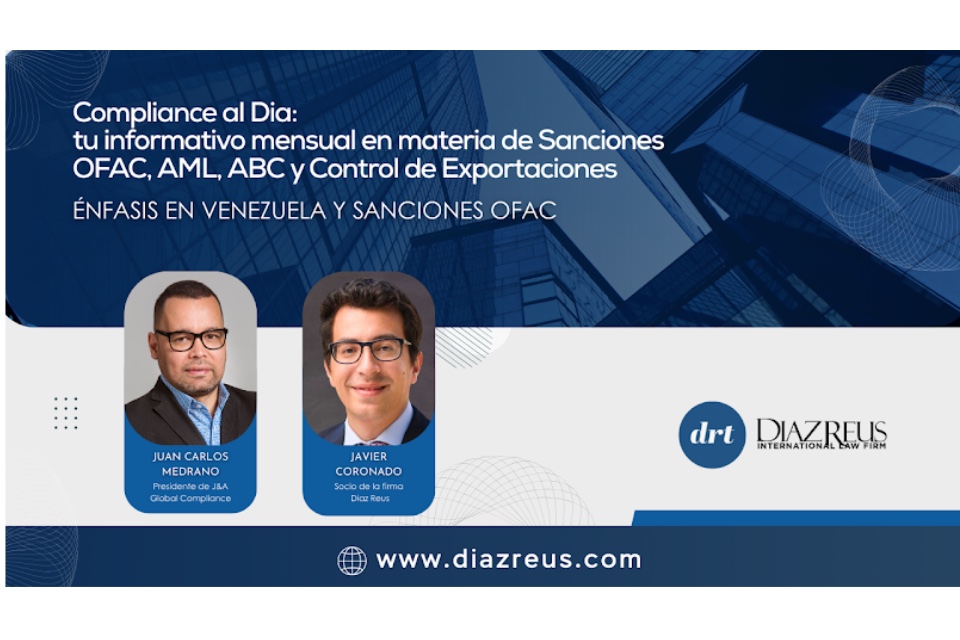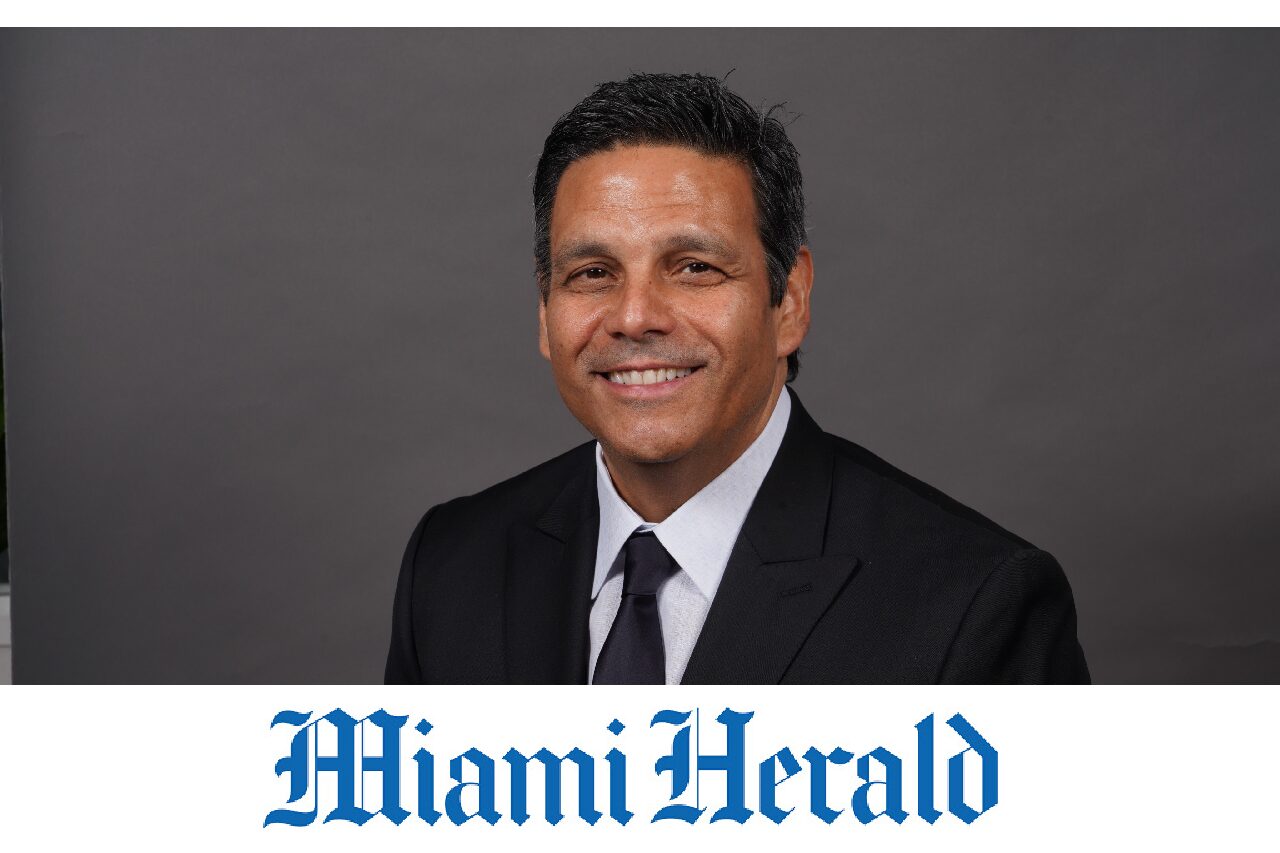Javier Coronado, associate attorney at Diaz, Reus & Targ: “While Venezuela’s domestic turmoil and U.S. economic sanctions on the Maduro regime caused Venezuela’s oil production and refining to be practically nonexistent, Maduro managed to keep the country’s oil industry afloat by trading with Russia and China in crude oil. However, that strategy has come to an end due to the U.S. secondary sanctions on Rosneft and others doing business with PDVSA. Not surprisingly, Maduro is now forced to rely on its gold-based dealings with Iran to obtain gasoline for local consumption. The amount of fuel transported by the Iranian tankers is far from enough to solve Venezuela’s shortage of gasoline. A good portion of the Iranian fuel will be diverted to the Venezuelan military and the Cuban government. And it’s unlikely that these Iranian shipments will continue once the quarantine is lifted in Iran and Rouhani must meet the local demand for gasoline. Moreover, the U.S. government, which didn’t undertake any military measures on the Iranian tankers to avoid an escalation of political tensions amid the pandemic, is now enforcing secondary sanctions against companies and oil tankers operating in the oil sector of Venezuela’s economy. But Maduro’s move with Iran is politically significant because it sends the message that U.S. adversaries can strengthen their relations to circumvent any trading restrictions. To prevent that from happening, the United States and its allies need to work on multilateral sanctions on the Maduro regime. They must also enhance their efforts to take from Maduro the only benefit that he can now offer to Iran and others by effectively prosecuting the illegal mining and trading of Venezuelan gold, coltan and diamonds.”
Will Iran Be Able to Solve Venezuela’s Gasoline Problems?














